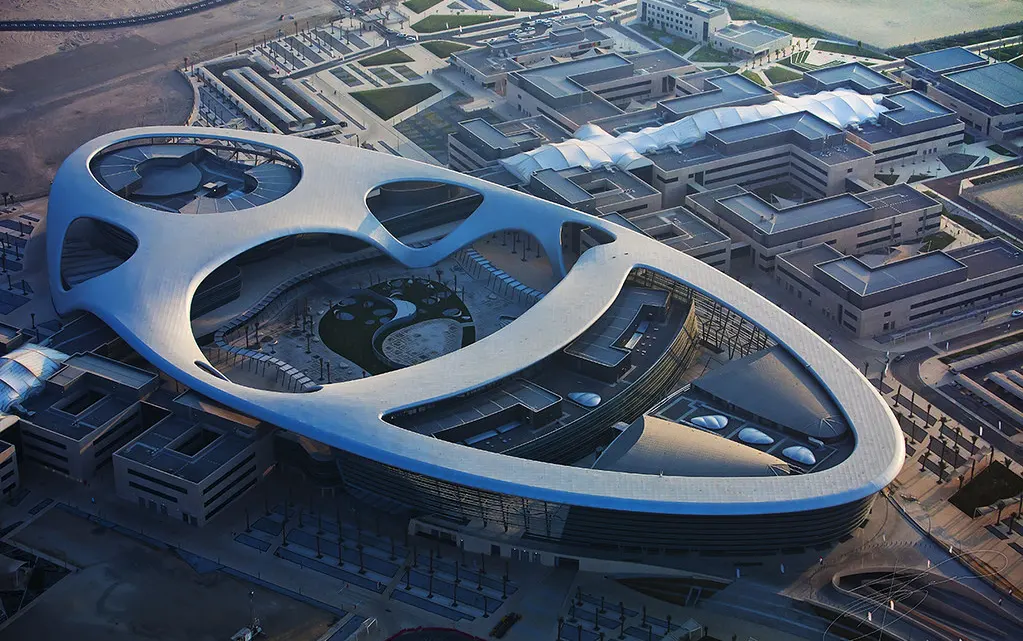The Indian Institute of Technology Delhi Abu Dhabi campus has unveiled the admission guidelines for its first-ever undergraduate program set to commence in the 2024-25 academic year. Prospective students can secure admission through either the Combined Admission Entrance Test (CAET) 2024 or the Joint Entrance Examination 2024.
For the upcoming academic year, IIT-Delhi Abu Dhabi will offer two bachelor’s programs: B. Tech. in Computer Science and Engineering, and B. Tech. in Energy Engineering. Each program will admit 30 students, totaling 60 seats for the first cohort, with classes scheduled to begin in August or September.The CAET 2024 is open to Indians residing in the UAE, Emiratis, and international students who meet several criteria. Candidates must have secured at least 75 percent aggregate marks in Class/Grade XII (or equivalent) board examinations or rank in the top 20 percentile of their respective boards. Additionally, candidates should have been born on or after October 1, 1999, with a potential two-year age relaxation according to UAE national policy. They can attempt the test a maximum of two times within two consecutive years and must have appeared for the Class/Grade 12 (or equivalent) examination for the first time either in the current year or the year immediately preceding. Furthermore, candidates should not have been admitted to any IIT previously, regardless of whether they continued in the program or vacated their seat.
The CAET 2024 is scheduled for June 23, featuring a three-hour examination comprising 90-minute papers in Physics, Chemistry, and Mathematics. This test offers students in the UAE and around the world a unique opportunity to join one of India’s leading technical institutions in Abu Dhabi.
The Abu Dhabi Department of Education and Knowledge (ADEK), the Ministry of Education, Government of India, and the Indian Institute of Technology Delhi signed an MoU to create the first international campus of IIT Delhi, known as IIT-Delhi Abu Dhabi, last year during the visit of Prime Minister Narendra Modi.
Vinod Kumar (UAE)




















